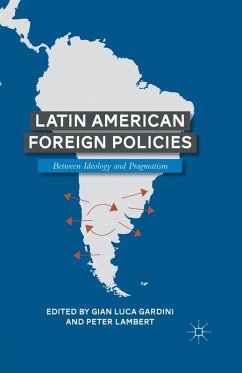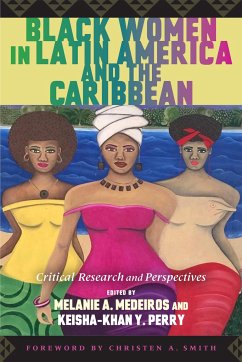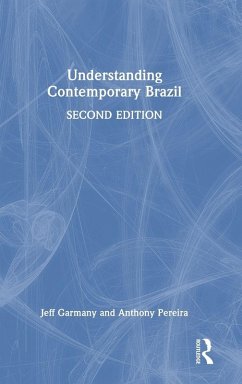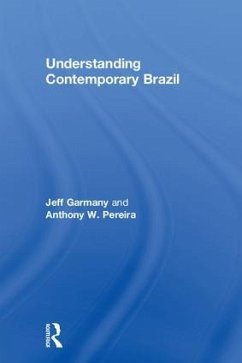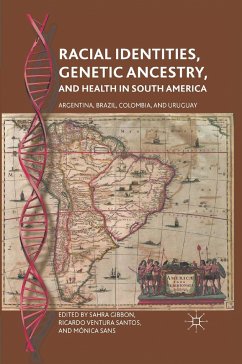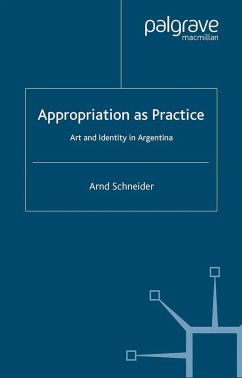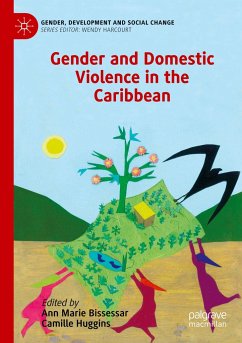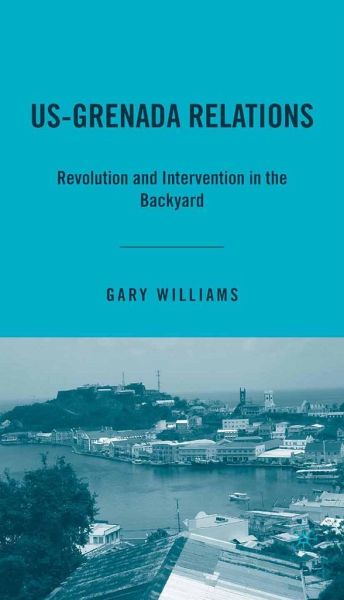
Us-Grenada Relations
Revolution and Intervention in the Backyard
Versandkostenfrei!
Versandfertig in über 4 Wochen
52,99 €
inkl. MwSt.
Weitere Ausgaben:

PAYBACK Punkte
26 °P sammeln!
Why did the world's strongest power intervene militarily in the tiny Commonwealth Caribbean island of Grenada in October 1983? This book focuses on United States-Grenada relations between 1979 and 1983 set against the wider historical context of US-Caribbean Basin relations. It presents an in-depth study of US policy during the Carter and Reagan presidencies and the deterioration of relations with the Marxist-Leninist People's Revolution Government (PRG) of Grenada. It considers in detail the murderous internal power struggle that destroyed the PRG and the decisionmaking process that resulted ...
Why did the world's strongest power intervene militarily in the tiny Commonwealth Caribbean island of Grenada in October 1983? This book focuses on United States-Grenada relations between 1979 and 1983 set against the wider historical context of US-Caribbean Basin relations. It presents an in-depth study of US policy during the Carter and Reagan presidencies and the deterioration of relations with the Marxist-Leninist People's Revolution Government (PRG) of Grenada. It considers in detail the murderous internal power struggle that destroyed the PRG and the decisionmaking process that resulted in a joint US-Caribbean military intervention.





